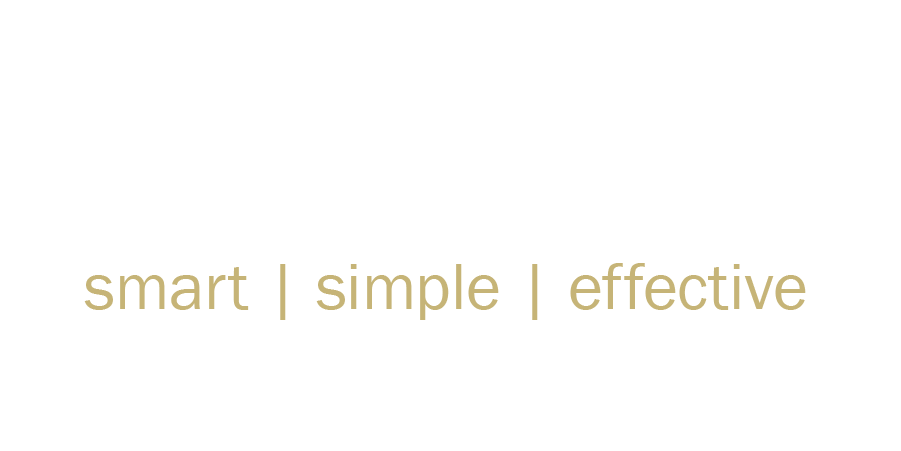Whether you write for a living or only publish a few hundred characters to social media once in a while, there is a good chance you have encountered an online troll.
A troll is somebody who will say (or in this case post) an inflammatory statement — not because it is what they actually believe, but because they want to provoke a reaction. Comments from the worst trolls are successful in creating outrage and controversy because the people writing them know exactly which buttons to push, allowing them to revel in the ensuing uproar.
As the number of voices participating in the global online discourse grows (for example, Facebook serves more than 1.4 billion users monthly), it has led to an unprecedented abundance of viewpoints fighting for attention and legitimacy. The democratization of opinions is incredible in that it allows anybody in the world (at least that’s what companies like Google are working toward achieving) to have their voice heard — but that can sometimes be a double-edged sword. The same freedom that gives rise to thought-provoking and inspiring conversations also allows anybody so inclined to walk into such discussions and wreak havoc.
I spoke to some people who work in online communities and spend time every day engaging with users and moderating discussions. From them, I was able to learn a few valuable lessons when it comes to dealing with negativity on the internet.
The person may not be a troll — they could just be having a rough day

A story that stuck with me was told by someone who manages a news-oriented Facebook page where tens of thousands of followers are spread across just about every demographic you could imagine. One Friday afternoon at the end of a long work week, a fan of the Facebook page left a short, but expletive-laden comment on a story that had been posted. The page manager’s first instinct was to delete the comment and ban the user. It would have been a simple, by-the-book solution: if somebody in your online community violates guidelines designed to promote civility and respect, there are consequences.
After pausing for a beat, the page manager decided to send a polite reply. A short time later, the original commenter responded. He was apologetic and explained he had been angry because he had just been laid off from his job. His message was driven by anger not toward the Facebook page or the post he saw, but by circumstances in his own life that were beyond his control. Understanding that, the situation was defused, and there was no need for further action. Diplomacy won out and the user was not banned, nor did the community have to lose an active participant in its daily discussions.
Banning someone from an online community should only be a final resort. It is a permanent action, unless your policies include periodic reviews and possible reinstatements for exiled members (though many communities do not have such policies). Before reflexively reaching for the block button, take a moment to consider the user’s motivations. If they could be having a bad day and do not have a history of breaking the rules, it is worth giving them the benefit of the doubt.
Some commenters are passionate, not deliberately mean
Everybody can probably remember a time they got into a spirited debate. There is a topic you care deeply about and you will defend your point of view — sometimes aggressively — against anybody trying to tear it down. In those situations, passion can get the best of you and cause you to say something you will later regret.
It is important when you are interacting with people online to make the distinction between people who are passionate about something and people who are trolling for reactions. People in the first group can usually be reasoned with after they calm down, so giving them a short time-out or removing them from a particularly intense discussion (but not outright banning them) can often do the trick.
Patience can also be a virtue in the more open environment of social media. If somebody disagrees with you, consider their viewpoint and do not assume that because it does not agree with yours that they are being deliberately oppositional. They might just have strong convictions like you do, and dismissing them outright could cut you off from future discussions that will be valuable learning experiences.
When the nice way fails
There will be times when the practical and polite approach does not work and remarks become malicious… or worse. (For an example of this, see the story of Ellen Pao, who recently stepped down as CEO of reddit, a popular online community, and had to deal with misogynistic and racist remarks targeting her. In the aftermath she declared that the “trolls are winning” the battle for the internet, a reference to how difficult it is for online communities to balance the policing of offensive content while encouraging open conversation.) When that happens you have to consider your options, which usually boil down to some variation of banning, blocking or otherwise silencing the source of the problem.
What is most important is to not sink down to the level of the antagonizer. You have everything to lose and nothing to gain other than the fleeting satisfaction of unloading your own anger — until the afterglow fades and you realize you have damaged your professional reputation in a very public forum. You can have lively discussions online, attempt to resolve conflicts as they arise and still remain the consummate pro through it all. But to practice that ethos and not find yourself completely strained to the breaking point, you have to know when to disengage. Let the trolls win their battles. Be the bigger person and you will win the war.




